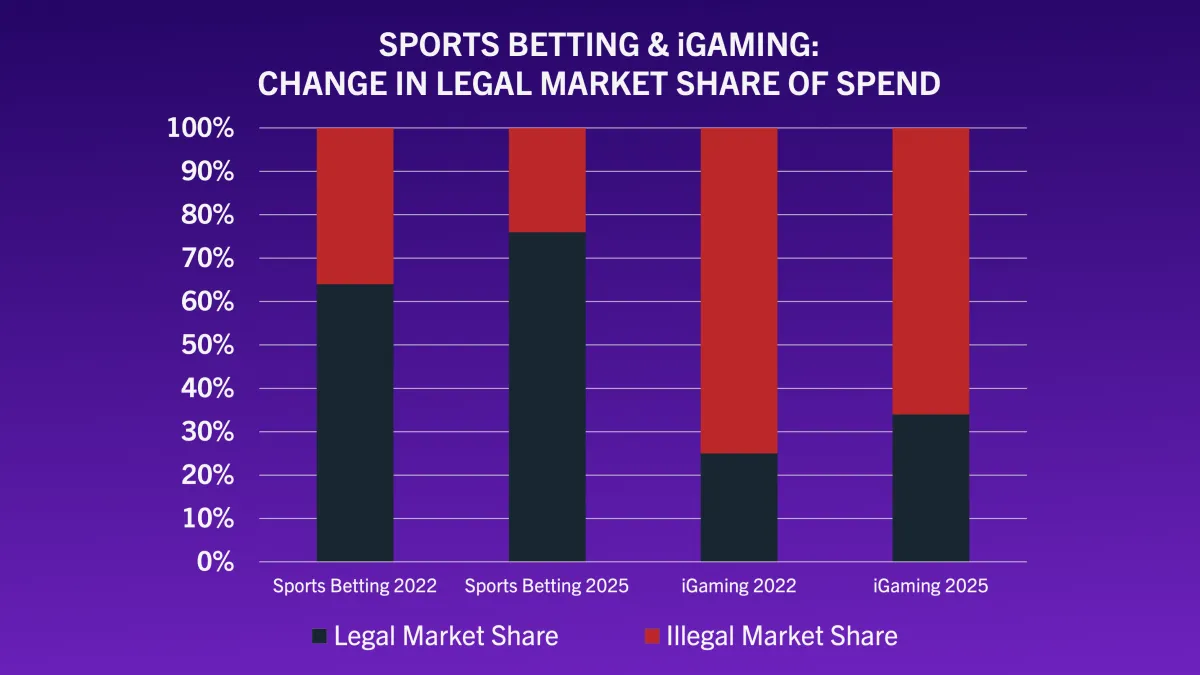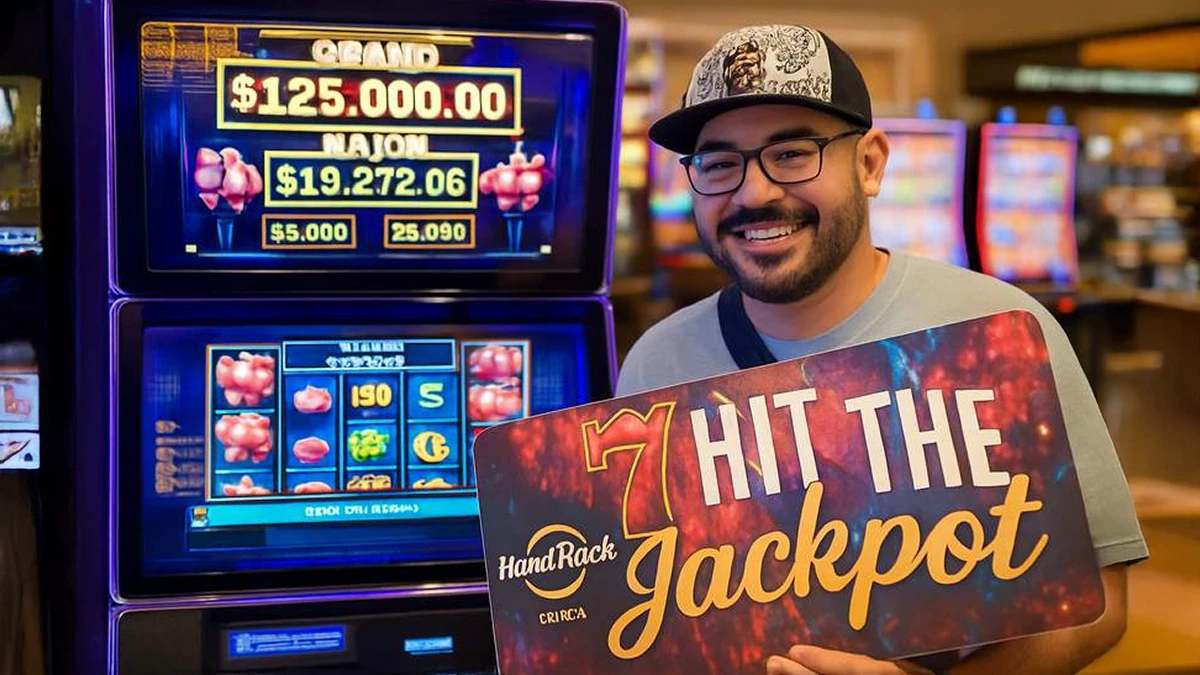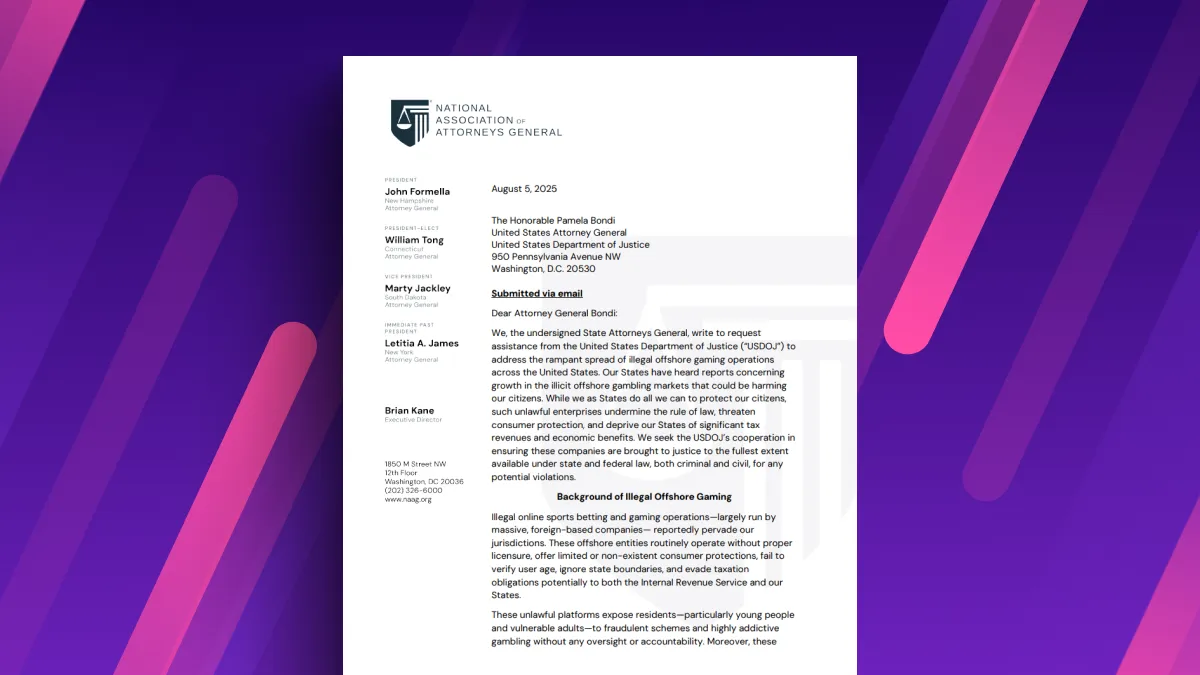Ohio Moves to Legalize Online Casino Games and Poker

1.0
Default
A proposed bill from Representative Brian Stewart is in the pipeline, and it would allow Ohio residents to gamble online. Apart from sports betting, the proposed legislation aims to make it possible for Ohioans to engage in virtual poker and a host of other casino games on their mobile gadgets.
Ohioans could soon have the ability to legally play online poker and other casino-style games from the comfort of their homes, under a new bill in development by a top Republican in the Ohio House.
Representative Brian Stewart from Ashville, House Finance Committee chair, has confirmed that he is crafting legislation to establish legal iGaming in the Buckeye State. This would significantly broaden the state’s online gambling options beyond current sports betting platforms. We’re looking at how to responsibly expand iGaming in Ohio in a way that generates additional revenue for the state without undermining our existing gaming infrastructure, Stewart said in a statement.
The new proposal, which could be introduced in the coming months, would enable residents to play virtual casino games such as poker or blackjack on their phones or laptops at any time.
Revenue potential spurs legislative action
The push for iGaming comes as Ohio lawmakers continue to look for new streams of revenue. Stewart, who also sponsors House Bill 96 - the House’s version of the state budget - sees online casino gaming as an opportunity to boost state funds without raising taxes.
The Ohio House recently approved its budget proposal, which made sweeping changes to Governor Mike DeWine’s original plan. Among the changes: a rejection of the governor’s proposal to double the tax on sports betting operators. That tax increase was aimed at creating a fund for sports facilities, but House Republicans removed it, signaling a reluctance to raise taxes of any kind.
Study supports expansion with caution
The concept of online gambling isn’t new to Ohio lawmakers. Two years ago, as part of the current state budget, a special commission was created to evaluate the feasibility and impact of online casino-style games and digital lottery offerings.
In a report released last July, three Republican lawmakers - Reps. Jeff LaRe, Cindy Abrams, and then-Rep. Jay Edwards - noted that states that had adopted iGaming or iLottery saw substantial growth in tax revenue. “These tax revenue benefits to the state and funding that could be provided to our K-12 education system cannot be overlooked,” they wrote.
Interestingly, the lawmakers also pointed out that brick-and-mortar lottery sales actually increased in some states after online platforms were introduced, indicating that the two models could coexist successfully.
Concerns from traditional gaming operators
Despite the projected financial benefits, the report and lawmakers alike emphasized the need to proceed cautiously. Ohio’s existing gaming industry - which includes four full-service casinos and seven racinos - has expressed concerns that internet gambling might siphon off traffic and revenue from physical locations. The goal should be to supplement, not cannibalize, existing gaming operations in the state, the report noted.
Balancing the growth of iGaming with protections for traditional casino operators is expected to be a central debate point as the bill moves forward.
Legislation emerges amid budget battles
The timing of Stewart’s iGaming proposal is notable, as the Ohio Senate continues to deliberate over the state’s biennial budget. The House’s version of the budget removed not only DeWine’s proposed sports betting tax hike, but also additional taxes on marijuana and tobacco products.
However, while tax hikes were eliminated, the House budget also left out any kind of income tax reduction - a departure from the trend in the past seven budget cycles, where some form of income tax cut or adjustment was included.
Details on the timeline for Stewart’s bill have not yet been released, but sources close to the matter expect draft language to surface in the coming weeks. If passed, the legislation could usher in a new era of digital gaming in Ohio - and reshape how residents interact with games of chance and skill alike.




















